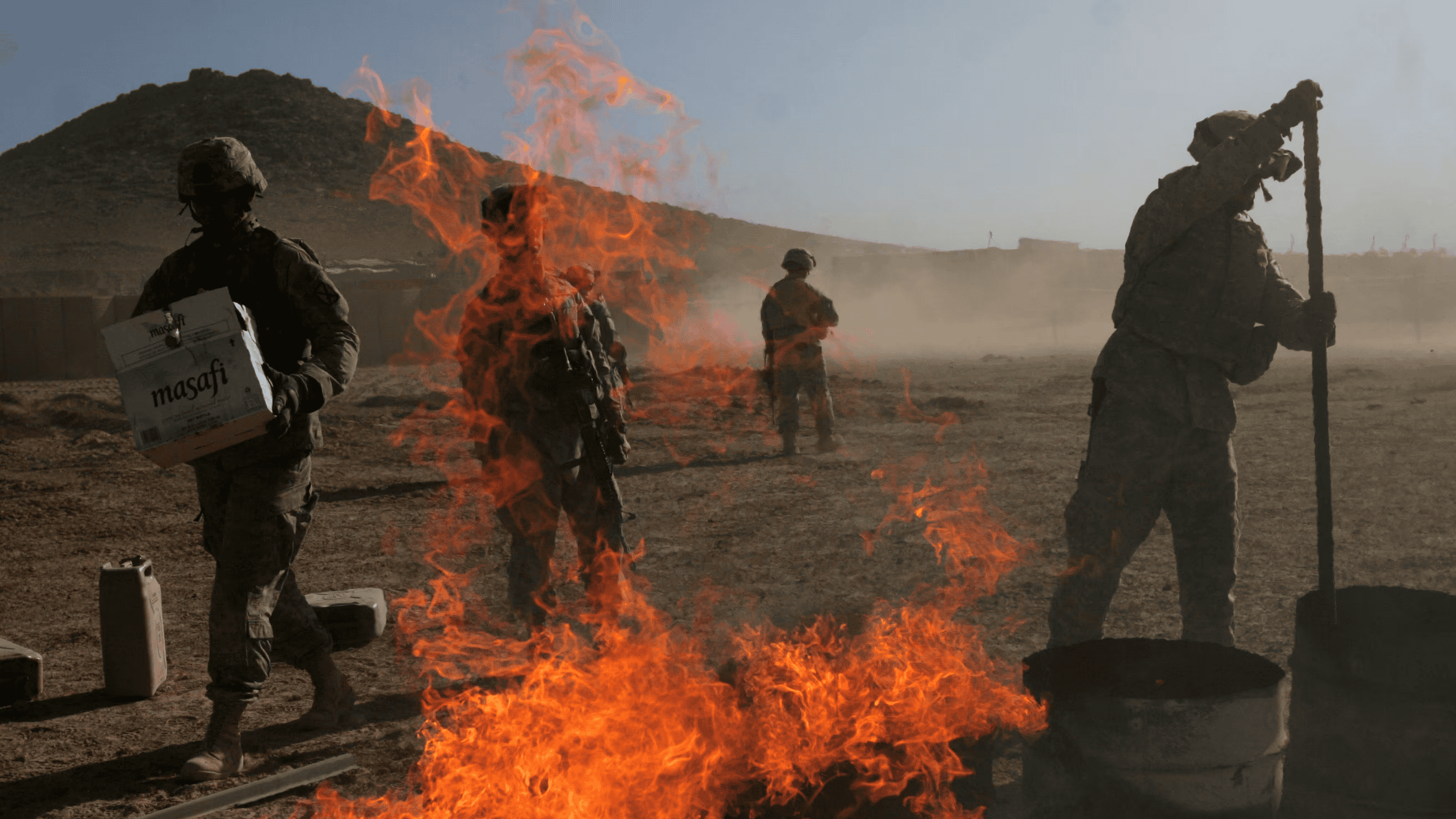Toxic Exposure Oversight? Advocates Push for Better PACT Act Tracking
Following a July 9th congressional roundtable, veterans, service members, and advocates raised urgent concerns: the PACT Act has done a lot — but it’s not enough.
Now, they’re calling for deeper tracking of toxic exposures, stronger medical oversight, and faster response systems for those harmed in service.
What Veterans and Advocates Reported
In a hearing hosted by descendants of veterans’ champions like Rep. Mark Takano, panelists emphasized key failures in current practice:
- Incomplete medical record-keeping for hazardous duties.
- Slow investigations into cancer clusters, infertility, radiation sickness, and traumatic brain injuries.
- Shortage of occupational health doctors in frontline or classified roles.
- Lack of case investigation after domestic exposures — like nuclear site work or jet fuel leaks .
Air Force Lt. Col. Jacob Berry noted it simply:
“We have the data … the technology. What we need now is the will.”
Why This Matters for Disabled Veterans
It’s easy to think “toxics” means burn pits. But the roundtable made clear: poisoned water, radiation, fuels, chemicals — exposures happen across installations and duties, and may only show effects years later.
For veterans with:
- Chronic cancers
- Lung issues
- Neurodegenerative conditions
- Reproductive problems
… a missed or delayed diagnosis can be devastating.
The PACT Act’s promise was to shift the burden onto the VA — not veterans — to identify and respond. But that promise isn’t keeping pace with the reality of modern service.
What Needs to Happen Next
Panelists pushed for immediate action:
- Standardize toxic exposure screening across all branches and duty types
- Expand the VA’s occupational medicine team, placing specialists at high-risk installations
- Create automatic tracking for exposure-related illness rates, especially at domestic sites
- Strengthen follow-up protocols for veterans and families, not just service members
- Require transparency and reporting for exposure incidents and their investigations
How Disabled Veterans Can Respond
This isn’t just policy talk — it’s about protecting your health now. Here’s what you can do:
- Get screened for exposure — including at domestic assignments — via your local VA navigator.
- Submit a PACT Act claim if you haven’t already, especially for symptoms that surfaced long after deployment.
- Share your story with your VSO or a Congressman — personal accounts fuel reform.
- Follow relevant congress members (like Rep. Takano) and lend support to oversight efforts.
Final Thoughts: Data Drives Defense
It starts with data — and it ends with care.
If exposure cases aren’t tracked, carefully recorded, and revisited years later, veterans are left to navigate complex illnesses on their own.
But if Congress and the VA act now — investing in records and health teams — we can fulfill the PACT Act’s promise: comprehensive, proactive care for every veteran whose service carried a hidden cost.
Let’s see that will turned into action — for all of us who served.






as far as i am concerned every Vietnam veteran should be at 100% disability. our brothers are dying everyday because of the effects that Agent Orange has caused. why does the government sit back and not do more. the PACT Act was 20 years too late. every Vietnam veteran needs to send our President a message about us. 9
As a aircraft mechanic AMS2 78-82 NAS North Island exposed to many chemicals including jp4and5 turco a benzine based cleaner and TCE ( trichloroethylene ) many times during my enlistment I would be soaked in said chemicals and would wear my uniform all day until I got home my wife would wash the clothes as needed and the smell was terrible we also had a child born during that time with palsy,I did file a claim in 1982 for skin issues but was denied .have had many issues over the years with cold hands and feet swelling in the hands and fingers etc but in 2018 was having lots of problems and after many Different Doctors I was diagnosed with Scerloderma and ILD lungs were at 50% cap refiled claim mostly been on my own with the wife helping me , have a final board hearing coming up.
Still relatively no pain medication or pain management for that matter. Making veterans wait 10 to 20 years until the spine collapses then authorize surgery. No telling how many left or killied themselves. These people are the most effective rug sweepers and scandal covers in human history. The denial of care is rampant.